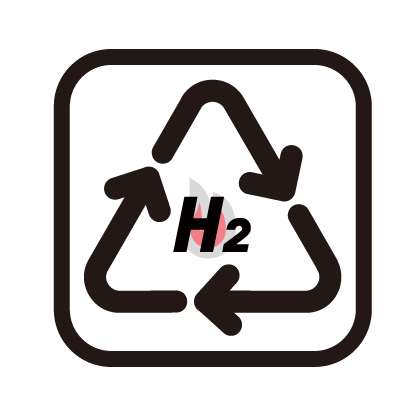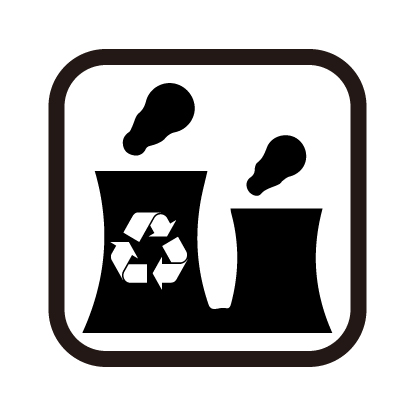
-
Hydrogen energy is a clean and renewable source of energy that can be produced through various methods, such as electrolysis of water or steam methane reforming. One of the key advantages of hydrogen energy is that it produces no greenhouse gas emissions when used as a fuel, making it a promising solution for reducing carbon emissions and combating climate change.
One potential application of hydrogen energy is in the production of hot surfaces for industrial processes. By using hydrogen as a fuel source, hot surfaces can be generated through combustion or chemical reactions, providing heat for various industrial applications such as metal smelting, glass manufacturing, or chemical processing.
The use of hydrogen energy for hot surface applications can offer several benefits, including improved energy efficiency, reduced emissions, and lower operating costs compared to traditional fossil fuel-based heating methods. Additionally, hydrogen can be produced using renewable sources of energy, further enhancing its sustainability and environmental benefits.
Overall, the combination of hydrogen energy and hot surface applications presents a promising opportunity to drive the transition towards a more sustainable and low-carbon energy future. By harnessing the power of hydrogen, industries can reduce their environmental impact while also improving their operational efficiency and competitiveness in the global market.


























